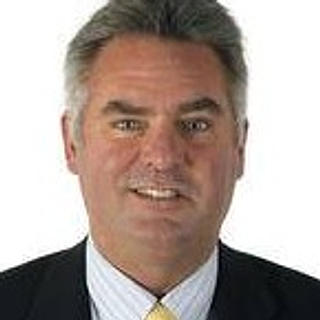May 5, 1977 - A's 5, Yankees 2
- Sal Maiorana
- May 5, 2017
- 3 min read

NEW YORK – When the Oakland A’s were ruling the baseball world in the early 1970s, becoming just the second franchise in history to win at least three world championships in succession, there wasn’t a more talented team, nor a more flammable team in the sport.
What a group that was – Reggie Jackson, Catfish Hunter, Vida Blue, Rollie Fingers, Joe Rudi, Sal Bando, Bert Campaneris, Blue Moon Odom, Gene Tenace, Ken Holtzman, Billy North, and more, led by their mercurial, penny-pinching owner, Charlie Finley. As good as they were on the field, they were as eccentric and volatile in the clubhouse, and they literally fought their way into the history books.
“We had some characters, and we were beating the shit out of each other,” Fingers told the San Jose Mercury News in 2014 when the A’s celebrated the 40th anniversary of their 1974 title. “But we still won. We had our moments, but when the game started we were all baseball.”
Of course, the only other franchise to win at least World Series in a row were the Yankees – 1936-39 and 1949-53, and then again in 1998-2000. None of those Yankee teams could come close to matching the colorful Athletics for sheer bombast, though the 1977-78 Yankees sure gave them a run once Jackson joined the club. Hmmm, does that qualify as a thread? Here's a quick video about the A's.
Author Jason Turnbow, who wrote Dynastic, Bombastic, Fantastic, which told the story of the Swingin’ A’s, said something interesting during an interview with NPR radio about the Reggie of the Oakland years, and the Reggie of the Yankee years.
“Reggie had a big mouth and a big ego,” said Turnbow. “You know, the difference between Reggie in Oakland where he spent significantly more time than he did in New York, and after he got to the Yankees was that he came up with the players in Oakland. He was friends with some of them. At the very least, they all understood him, and they understood that he really wasn't malicious at heart. He just liked to bark a lot. And when he got to Yankee Stadium, those players didn't know how to take him, and things really went sour for him there on a personal level.”
There was a lot of truth in that, though in the end, through all the nonsense, Reggie still continued to win championships when he donned the pinstripes.
As for the A’s, they remained competitive in 1975 and 1976, but by the time the 1977 season began, Finley had almost completely dismantled the team because he could not, and would not, pay the high salaries that were being commanded with the advent of unrestricted free agency.
Only two players were left from the last championship team – Blue and North. And wouldn’t you know it, both played a pivotal role in ending the Yankees five-game winning streak, which also ruined the return to the mound of Hunter who made his first start since Opening Day.
Blue wasn’t great as he gave up 10 hits and a walk, but he struck out nine and stranded nine Yankee baserunners in his complete game. And North ripped a two-run triple to the alley in left-center that put the A’s ahead 4-0 in the second, and New York never recovered.
Hunter, who hadn’t pitched since taking a line drive off his left foot, started terribly as he gave up four runs on four hits and a walk in the first two innings, two of the runs coming on a home run by Mitchell Page. “They told me I could get him out with an off-speed pitch, and then he showed me that was a lie,” said Hunter. But Billy Martin stayed patient, and Hunter ended up throwing a complete game, allowing just four hits and two walks over the final seven innings.

Reggie went 1-for-4 against his old pal, Blue, and in the eighth inning, when the Yankees had runners on first and third with nobody out and trailing 5-1, he struck out. Chris Chambliss later delivered an RBI single, but that was all the Yankees would get.
It wasn’t all so bad for Reggie, though. Earlier in the day at a luncheon held at the posh 21 Club in midtown Manhattan, Standard Brands Inc. did exactly what Reggie had predicted someone would do once he came to work in New York. The company named a candy bar after him, and announced that it would be ready for production by the end of 1977.






Comments